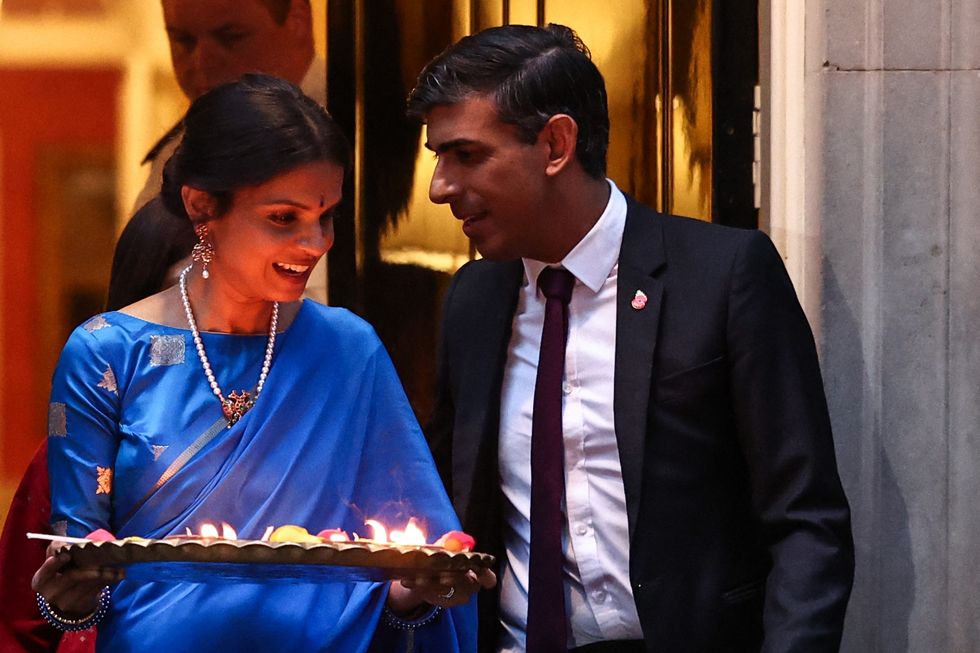According to Indian National Congress advocate BM Mangukia, Indian politician Rahul Gandhi has submitted an application to the Gujarat High Court on Tuesday (25), challenging the Surat sessions court's order that refused to suspend his conviction in a criminal defamation case last week, related to his "Modi surname" comment.
The High Court is expected to promptly consider Gandhi's appeal.
In 2019, Bharatiya Janata Party MLA Purnesh Modi lodged a case against Gandhi, and on March 23, a metropolitan magistrate's court in Surat sentenced him to two years in jail after finding him guilty under Indian Penal Code sections 499 and 500 that relate to criminal defamation.
After making a statement during an election rally in Kolar, Karnataka, on April 13, 2019, where he asked, "How come all thieves have Modi as the common surname?" a case was registered against Gandhi.
As a result of his conviction for criminal defamation, the 52-year-old politician, who won the 2019 Lok Sabha elections from Wayanad in Kerala, was disqualified as a Member of Parliament in accordance with the Representation of the People Act.
Following his conviction, Gandhi, a four-time MP, lodged an appeal with the Surat sessions court, claiming that the magistrate's verdict was "erroneous and patently perverse."
Had the sessions court granted a stay on his conviction, it might have opened the door for Gandhi's reinstatement as an MP.
Meanwhile, Purnesh Modi's legal team objected to Gandhi's request for a stay on his conviction in the sessions court, arguing that the Congress leader had attempted to defame all people with the Modi surname through his remark, which had upset their client.
The sessions court was made aware that Gandhi had declined to apologise for his statement and that he was embroiled in similar defamation cases across the nation.
Despite this, his lawyers failed to establish to the satisfaction of the sessions court that denying him the chance to contest elections under section 8(3) of the Representation of the People Act, 1951, due to his conviction not being suspended, would result in "irreversible and irrevocable damage" to him.
As a result, the sessions court denied Gandhi's request on April 20 and on April 22, the expelled Member of Parliament vacated his official residence in New Delhi.
(With inputs from PTI)
















 Rishi Sunak and Akshata Murty. (Photo by HENRY NICHOLLS/AFP via Getty Images)
Rishi Sunak and Akshata Murty. (Photo by HENRY NICHOLLS/AFP via Getty Images) 

